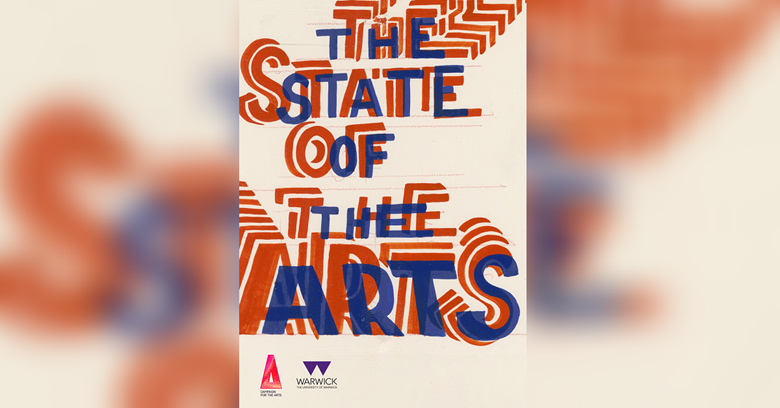Britain lags behind Europe in arts funding while arts education faces ‘structural funding crisis’
Wednesday, July 24, 2024
State of the Arts report finds ‘dramatic falls’ in arts funding since 2010 and ‘critical challenges’ for arts education

Credit: Bob and Robert Smith

Register now to continue reading
Don’t miss out on our dedicated coverage of the classical music world. Register today to enjoy the following benefits:
- Unlimited access to news pages
- Free weekly email newsletter
- Free access to two subscriber-only articles per month